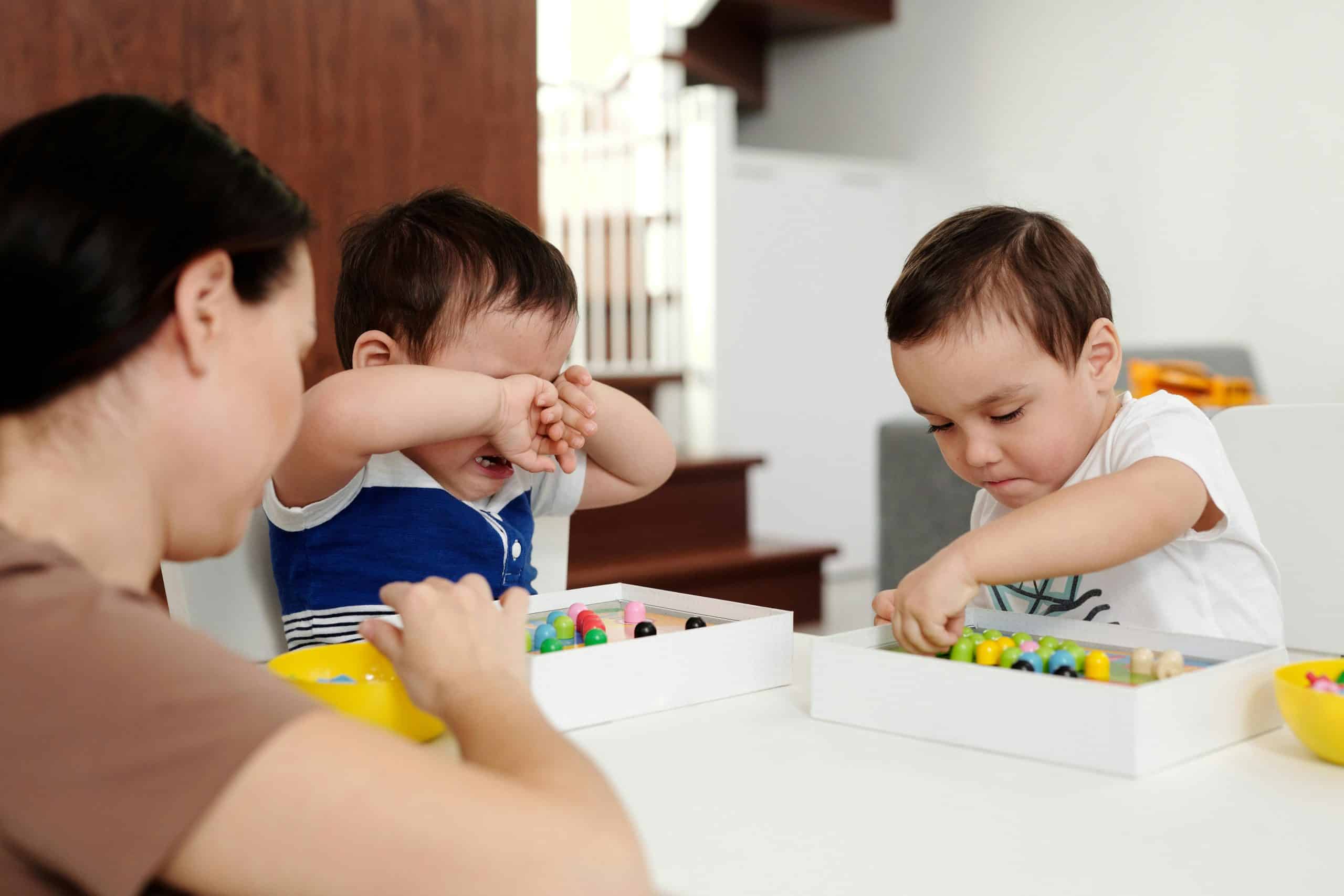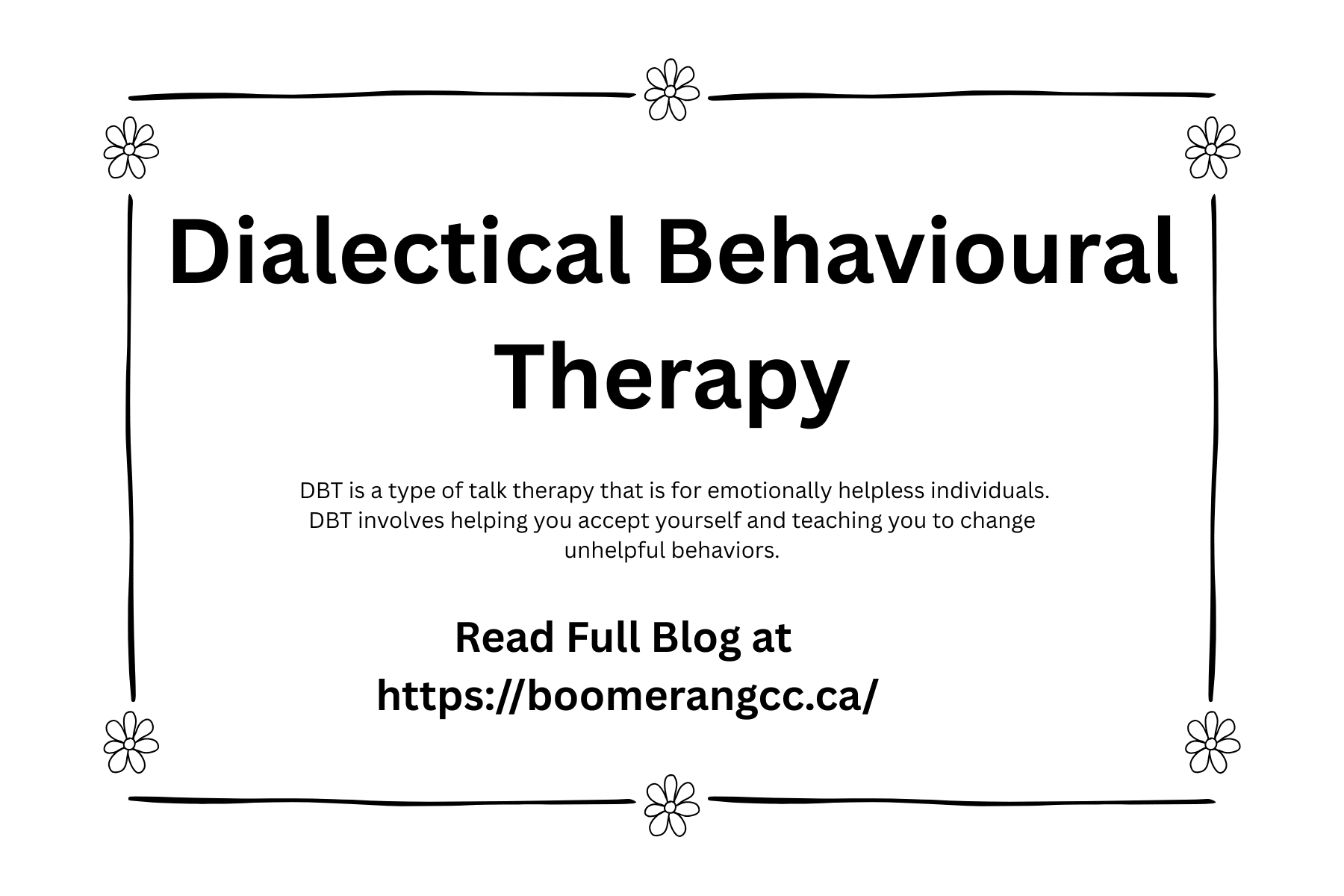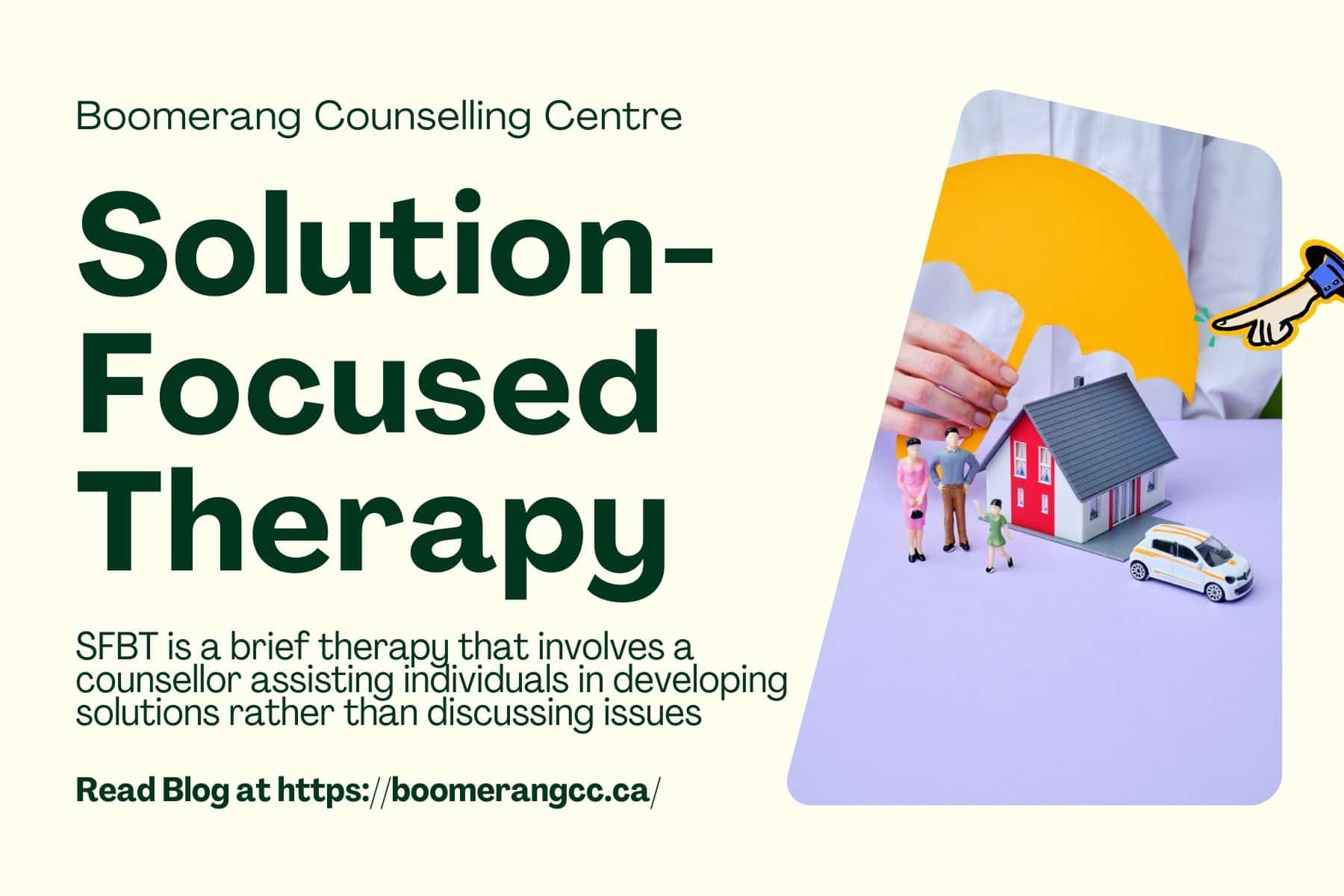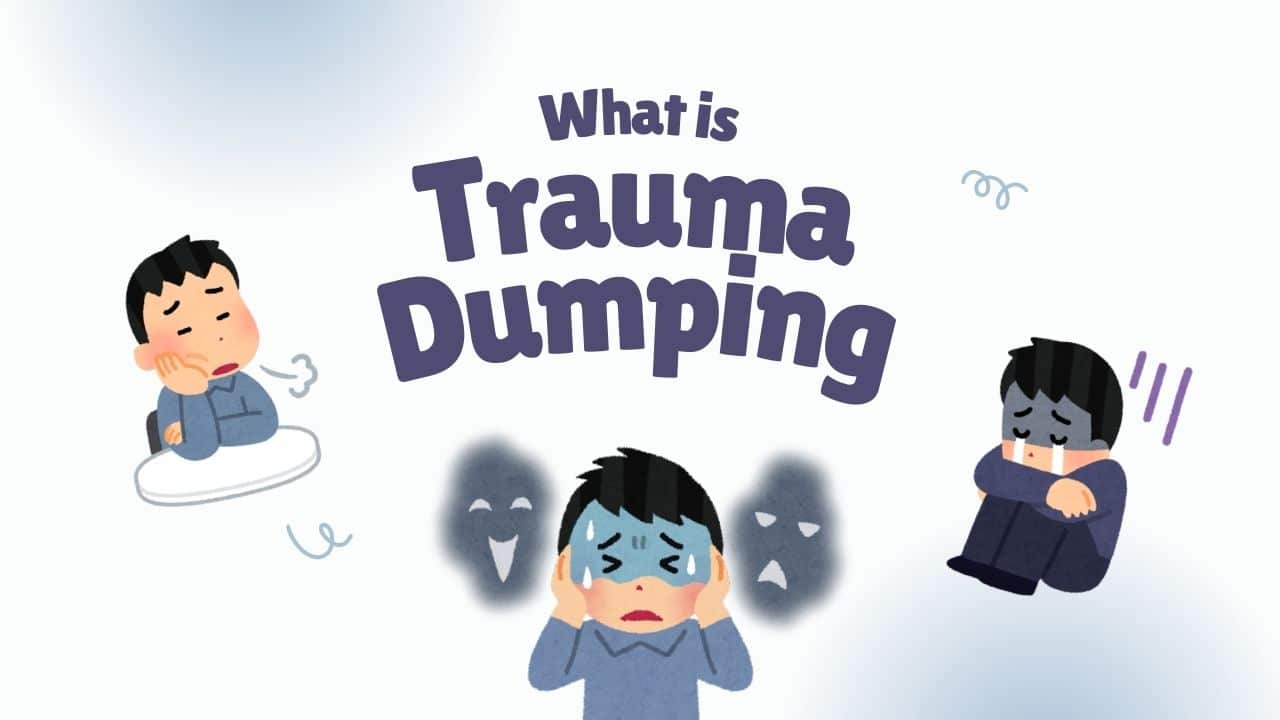Hard to believe sometimes, but parents can be narcissistic towards their children. Narcissistic parenting is unquestionably harmful and has many repercussions. A narcissistic parent is always occupied with their needs. They put their ego and desires above their children’s well-being.
The child’s outlook is often seen as an extension of the parent rather than an individual with their own identity. Children’s own thoughts and feelings have no significance in such a household. This dynamic can have deep, long-lasting effects on a child’s emotional and psychological development.
To better understand and address this issue, both parents and children need to recognize the profound impact of narcissistic parenting. With this article, we seek to clarify what narcissistic parenting looks like, guide parents in identifying these traits, and outline how to begin making meaningful changes.
What Narcissistic Parenting Involves and How It Manifests Within Families.
Just like a classic narcissistic trait, a narcissistic parent is too self-centered and prioritizes their needs. They tend to demand respect and, therefore, want their kids to inflate their ego. The most common reason for such parental behavior is the inability of the parent to form their own identity. So, they use the child as a representation of themself.
Parents’ narcissistic behavior is often linked to their honour. The needs of the parents are the first thing in such homes.
Children in such a household are often taught to tiptoe around their parents’ feelings and do everything that will make their parents proud. This usually makes the home environment pretty suffocating. Narcissistic parents can also exhibit excessive pride, to the extent that they think they know better than even their children will reach adulthood.
Impact of Narcissistic Parents on Children
Children might get used to their parents’ narcissism towards them, but that ruins their emotional well-being in the long run. In such a case, children experience anxiety and an unreal feeling of guilt that they have to work all the time to satisfy their parents.
According to therapists, children who have parents with narcissistic personalities tend to become extremely anxious about making sure that the parent is happy. They will even take it upon themselves to be responsible for their parents’ emotions. The result can often be self-harm or self-loathing-related behaviours.
Consequently, at times, children grow up to be perfectionists or people-pleasers who make great strides to achieve unrealistic expectations.
Such children also have low self-esteem. Kids may end up developing the impression that they are not deserving when their parent constantly rejects or disapprove of them. They can bear great shame since they recognize that they are not worthy of their own merit.
It is also typical for such children to feel isolated and unable to develop trust in people. Over time, children will even imitate their parents’ behaviour to cope with situations, and some will develop extreme timidity or avoidance to remain safe. A child in a narcissistic family is constantly judged, neglected, or blamed.

Examples of Narcissistic Parenting
The narcissist’s parent is the one who has the final word. The child is not allowed to challenge or express strong feelings to the parent. The child’s achievements are often undermined to make the parent appear good.
Favoritism is another damaging aspect. When a narcissistic parent favours one child over others, it can deeply affect the emotional well-being of the other children.
These patterns indicate the emotional manipulation prevalent in narcissistic parents. The outcome is, in most cases, a home where family members feel lonely, scared, or resentful, rather than safe and supported.
Coping Strategies and Self-Care Against Narcissistic Parenting
Living with or recovering from a narcissistic parent is challenging, but options are available. First, recognize that children are not responsible for their parents’ actions. Affirming one’s emotions is crucial to establishing boundaries, which protect self-esteem and mental health.
The second step is to have realistic expectations. You can avoid contact at times or take breaks during heated moments. This provides some level of control over a scenario that can quickly get out of hand.
Last but not least is professional assistance. A therapist or a counsellor can provide you with coping mechanisms. A non-judgmental environment where your emotions and processing can be safe is offered in therapy.
A therapist might teach you coping skills, such as how to remain calm during a conflict or to speak up respectfully to defend yourself. Establishing self-esteem is also part of counselling: you learn that you are worthy of care and practice like anyone else.

How Family Counselling Can Help You
As kids suffer due to a narcissistic parent, mutual support among the entire family can be useful. Family counselling means that a couple or family members meet with a counsellor.
It will involve a qualified psychotherapist who will lead relaxed dialogues and make sure that every individual is listened to. The counsellor can also identify destructive patterns, such as the habit of always blaming the child, and help your family to explore new forms of bonding.
How Family Counselling Works
Family therapy is based on family systems theory, which states that a family is an interconnected unit. According to experts, it often happens that the whole family requires support, as the transformation of one person can influence all family members.
In practice, when a parent is educated on coping with stress or anger, and developing their own sense of self, the change will be transmitted and positively impact the child’s behaviour and emotions.
An example of this is that during the family sessions, a therapist may notice that the narcissistic parent keeps interrupting and may propose a rule such as, ‘let others speak freely, or do not speak at all.’ Guiding these tense moments with willing participants can eventually lead to calmer relationships within families.

What Family Counsellors Do?
Family counsellors help address the underlying narcissistic behaviors and their impact. When the family learn that the parents’ selfish demands stem from personal and developmental issues, they work together with a counsellor to help resolve the issue.
The family has the chance to learn to hear each other out. Every member’s feelings are valued and judged directly. In this manner, the family as a unit starts to replace blame with understanding.
You May Also Like: The Importance of Family Counselling
Parent Coaching and Counselling
In the case when one of the parents is highly narcissistic, special assistance is needed. Parent coaching offers individualized ways of improving parenthood. A coach collaborates with the parent to establish firm rules that are loving, correct, and balanced, with praise, with the aim of communicating calmly.
This guidance is designed to help families navigate difficult times and improve relationships. With structure and support, even self-centered parents can begin to make small, positive changes.
How Counselling Works for Narcissistic Parents
Counselling for a narcissistic parent often involves teaching self-awareness and new coping skills. Therapists can apply approaches such as cognitive-behavioral therapy (CBT), dialectical-behavioral therapy (DBT), or mentalization.
These help in identifying unproductive ways of thinking and build more helpful habits. Consequently, a parent undergoing counselling can learn to recognize when they are upset and refrain from acting on those feelings. Parent coaching and counselling will also demonstrate to parents what the child requires on an emotional level.
What Role Does A Professional Counsellor Play While Counselling Narcissistic Parents
A likely argument by narcissistic parents is that nobody loves them. A coach or counsellor can clarify that being decent to the child is the best way to show love and be admired in return.
A coach or counsellor would note instances in which the parent is unfairly accusing the child and propose an alternative response. Throughout the multiple sessions, the parent is likely to begin making minor positive attempts. That can be in the form of a sincere understanding of their child’s emotions. Such minor changes can improve the family situation.
Having said that, the real change does not happen very quickly, and a parent might relapse into their previous practices. Regular coaching is required to achieve slow, steady improvements. Eventually, the parent can adopt healthier behavior, which will be noticed by the rest of the family and make them feel safer.

Don’t Hesitate to seek Professional Help.
Experiencing narcissistic parenting is a challenge in itself and can be devastating for parents as well in the future, as children could distance themselves or start caring less as they grow older. Counselling offers a risk-free environment to discuss a family situation.
An experienced counsellor can validate the traumas that the child is going through in a way that the narcissistic parent could not. Over time, the therapy will help every family member redefine their confidence and self-worth.
In counselling, individuals learn self-compassion, that is, treating themselves with the empathy they lacked in childhood. This means reframing their thoughts to believe they failed, rather than acknowledging they did their best in a very difficult situation. The goal is always to make the child’s world as stable and loving as possible, even if one parent is difficult.
Conclusion
True change can be achieved by seeking the right help, so take the first step towards healthier family dynamics by reaching out for family counselling today. Children and families can regain self-worth and confidence over time with family counselling. One of the most commendable aspects of family counselling is that it reminds every member to communicate freely and establish healthy boundaries. Now is the time to act for your child’s well-being and your family’s future.
Learning new skills to live happily together is beneficial for everyone. Invest time in family counselling, and commit to improving your family’s emotional health. Start this journey now, and see how positive change becomes possible for you and your loved ones.
If you want to arrange a counselling session for your parents, Boomerang Counselling Centre is your go-to place. Their team comprises qualified, experienced counsellors specializing in family counselling and parent coaching. Visit their website today at www.boomerangcc.ca and book a session for you or your loved ones.








